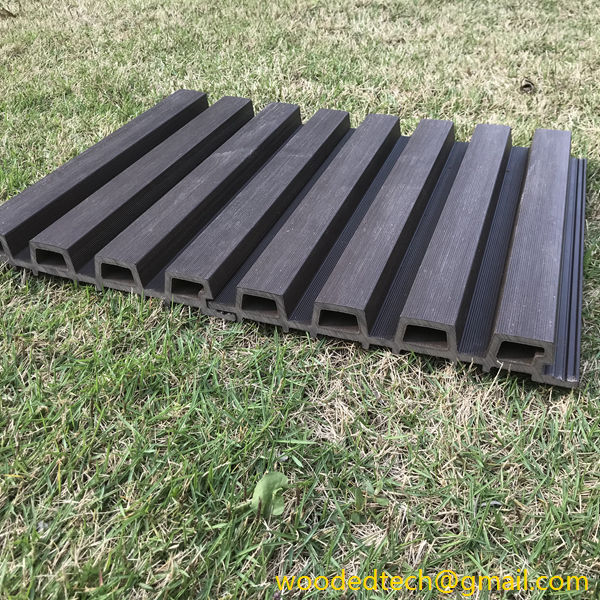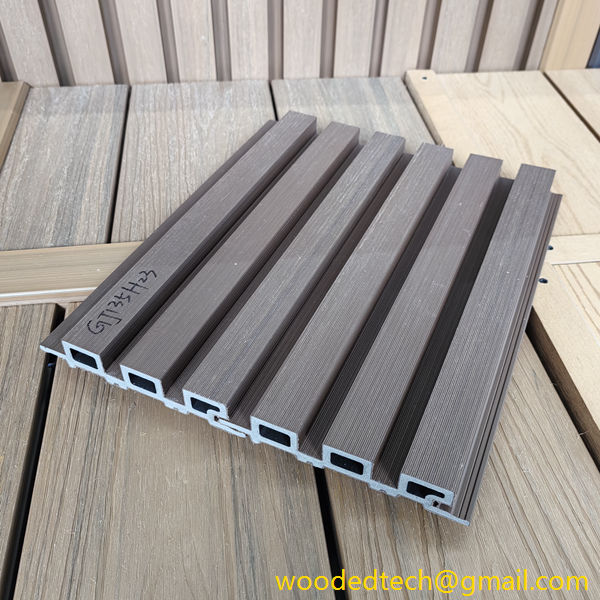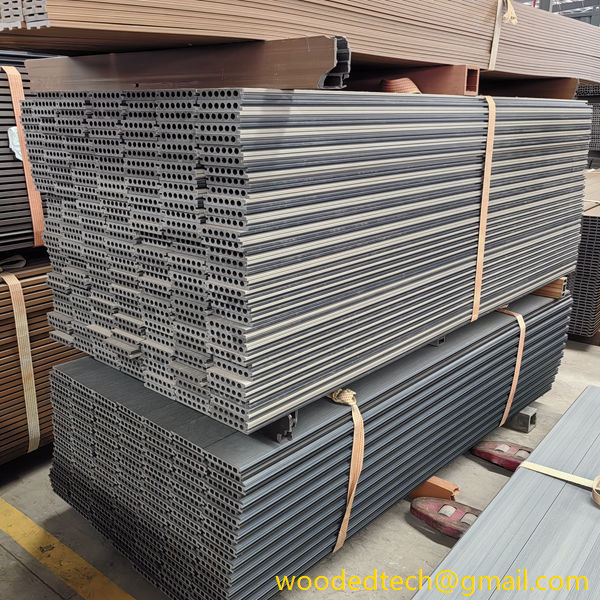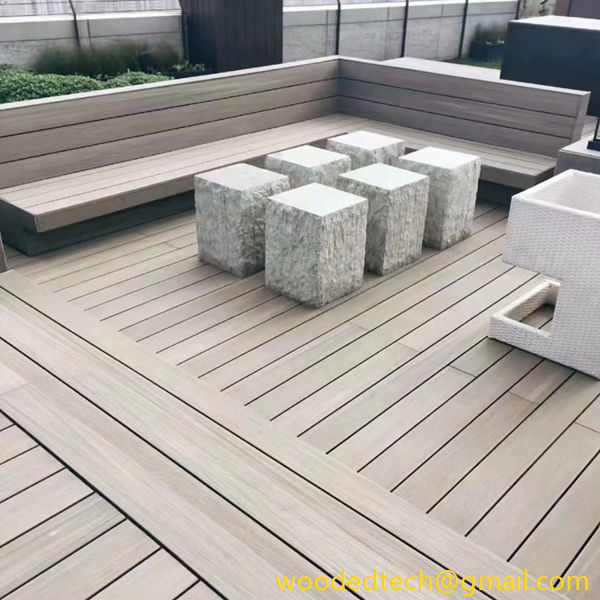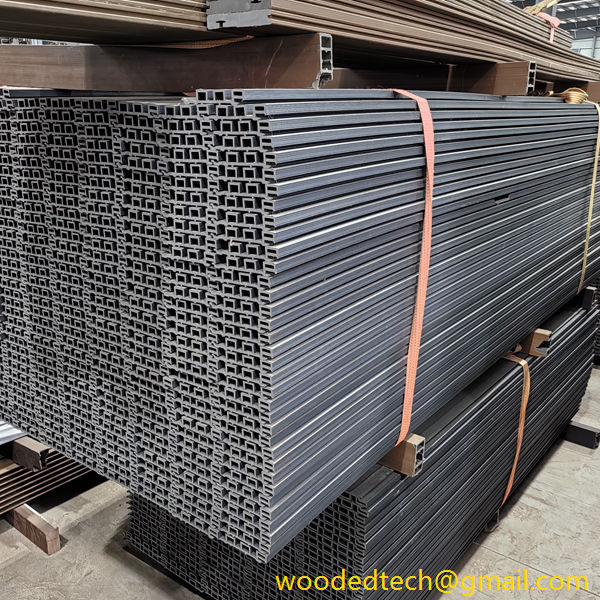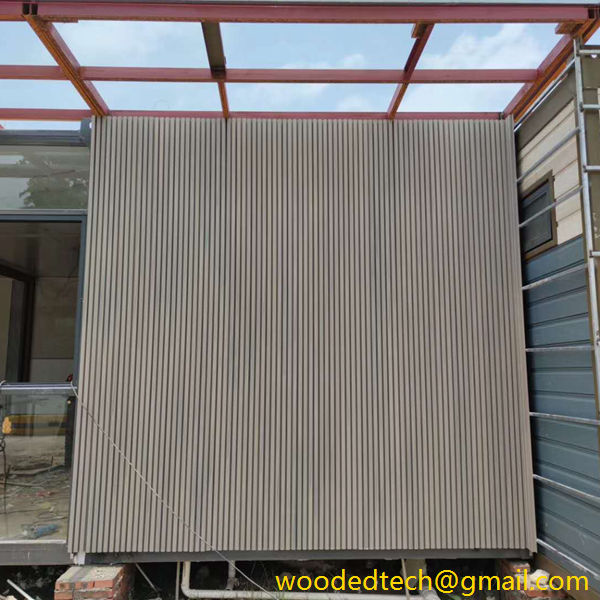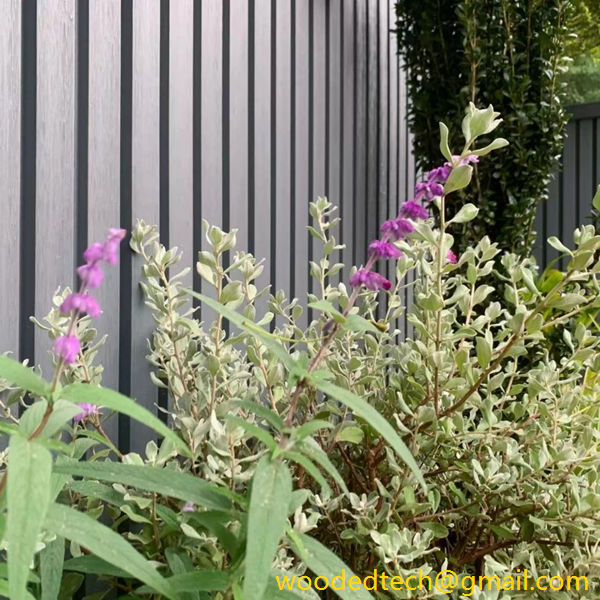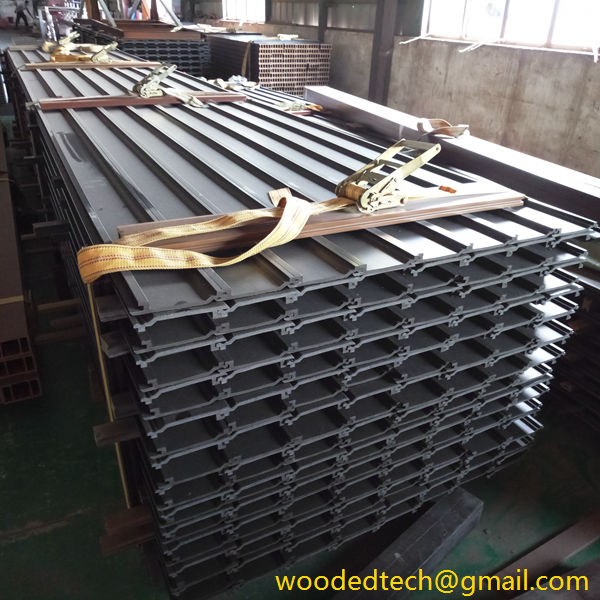미적 매력을 위한 플라스틱 목재 벽 클래딩 살펴보기
미적 매력을 위한 플라스틱 목재 벽 클래딩 살펴보기 최근 몇 년 동안 환경 문제에 대한 인식이 높아지고 혁신적인 디자인 솔루션에 대한 열망으로 인해 지속 가능하고 심미적으로 만족스러운 건축 자재에 대한 수요가 급증하고 있습니다. 사용 가능한 다양한 옵션 중에서 플라스틱 목재 벽 클래딩은 주거용과 상업용 모두에서 인기있는 선택으로 부상했습니다.
미적 매력을 위한 플라스틱 목재 벽 클래딩 살펴보기
In recent years, the demand for sustainable and aesthetically pleasing building materials has surged, driven by an increasing awareness of environmental issues and a desire for innovative design solutions. Among the various options available, plastic wooden wall cladding has emerged as a popular choice for both residential and commercial applications. This material offers a unique blend of beauty, durability, and sustainability, making it an attractive option for architects, designers, and homeowners alike.
Plastic wooden wall cladding is primarily made from recycled plastic and wood fibers, which not only contributes to environmental conservation but also enhances the material’s aesthetic qualities. The design possibilities are virtually limitless, with various colors, textures, and finishes available to suit any architectural style. Whether one is looking for a rustic charm or a sleek, modern finish, plastic wooden wall cladding can be tailored to meet diverse preferences.
One of the most significant advantages of plastic wooden wall cladding is its ability to mimic the natural look of wood without the associated drawbacks. Traditional wood cladding requires regular maintenance to prevent deterioration due to weather exposure, pests, and rot. In contrast, plastic wooden cladding is inherently resistant to moisture, insects, and decay, allowing it to retain its appearance for years with minimal upkeep. This durability not only saves time and resources but also reduces the need for frequent replacements, making it a more sustainable choice in the long run.
The aesthetic appeal of plastic wooden wall cladding is not limited to its visual qualities; it also offers a range of textures that can enhance the overall design of a space. The surface of the cladding can be crafted to mimic the grain and texture of natural wood, providing a warm and inviting atmosphere. This versatility allows designers to create striking contrasts with other materials, such as glass or metal, further elevating the visual impact of a building’s exterior or interior.
In addition to its aesthetic benefits, plastic wooden wall cladding is also highly functional. It acts as an effective insulator, helping to regulate indoor temperatures and reduce energy consumption. By minimizing heat loss in the winter and keeping spaces cooler in the summer, this cladding can contribute to lower energy bills and a reduced carbon footprint. Furthermore, its lightweight nature makes it easy to install, reducing labor costs and construction time.
Another compelling aspect of plastic wooden wall cladding is its eco-friendly nature. As sustainability becomes an increasingly important consideration in construction and design, materials that incorporate recycled content are gaining traction. Plastic wooden wall cladding is often made from post-consumer recycled materials, which helps divert waste from landfills while promoting a circular economy. By choosing this material, homeowners and builders can contribute to environmental conservation efforts while enjoying the aesthetic benefits of wood.
The use of plastic wooden wall cladding is not limited to exterior applications; it can also be effectively utilized in interior spaces. The warm tones and natural appearance of the material can create a cozy ambiance in living rooms, dining areas, or bedrooms. Additionally, it can be employed in commercial settings, such as restaurants or retail spaces, to create inviting environments that encourage customer engagement. The versatility of plastic wooden wall cladding allows it to be used in various applications, from accent walls to complete interior finishes.
In terms of design trends, plastic wooden wall cladding aligns well with the growing popularity of biophilic design, which emphasizes the connection between nature and the built environment. Incorporating natural elements into architectural designs has been shown to enhance well-being and productivity, making this material an ideal choice for those looking to create spaces that promote a sense of harmony with nature. The organic look of plastic wooden wall cladding can seamlessly integrate with landscaping and outdoor elements, further enhancing the overall aesthetic experience.
Moreover, as technology continues to advance, the production of plastic wooden wall cladding has become more sophisticated. Manufacturers are now able to create products that not only look and feel like real wood but also offer enhanced performance characteristics. For instance, some products are treated with UV inhibitors to prevent fading from sunlight exposure, ensuring that the color remains vibrant over time. Additionally, advancements in manufacturing processes have resulted in improved dimensional stability, reducing the likelihood of warping or cracking.
It is also worth noting that plastic wooden wall cladding can be an excellent choice for various climates. Its moisture-resistant properties make it suitable for humid environments, where traditional wood might suffer from mold or rot. In arid regions, where intense sunlight can cause fading, the durability of plastic wooden cladding ensures that it maintains its appearance without the need for extensive maintenance.
In conclusion, plastic wooden wall cladding represents a harmonious blend of aesthetic appeal, durability, and sustainability. Its ability to mimic the beauty of natural wood while offering superior performance characteristics makes it an attractive option for a wide range of applications. As the construction industry continues to evolve, embracing eco-friendly materials and innovative design solutions, plastic wooden wall cladding stands out as a compelling choice for those looking to enhance their spaces with natural beauty and functional benefits. Whether for residential or commercial use, this material promises to elevate the aesthetic appeal of any project while contributing to a more sustainable future.

